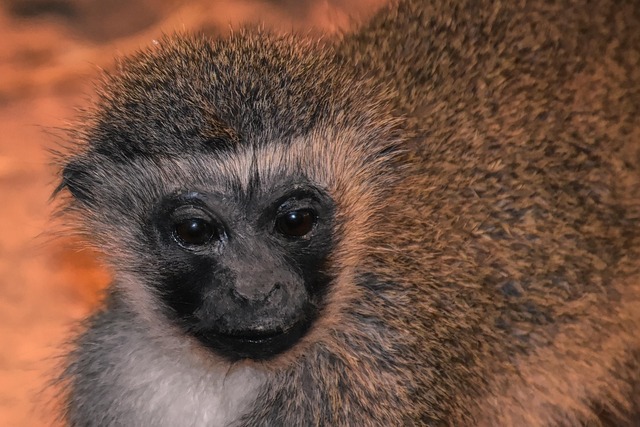Israeli authorities have intensified their efforts to combat the illegal wildlife trade, recently rescuing two vervet monkeys in separate operations that reveal disturbing conditions surrounding private ownership of protected species. The latest rescues in the northern towns of Tuba-Zangariyye and Umm al-Fahm bring the total of seized green vervet monkeys to 39 since March.
In a harrowing discovery at a residence in Tuba-Zangariyye, police reportedly found a monkey confined within a restroom stall, bound by a leash. The animal was allegedly in a state of neglect, raising alarm over the treatment of wildlife in private hands. Officers from the Northern District responded to a tip-off about the illegal confinement, prompting intervention from the Israel Nature and Parks Authority, which subsequently transferred the distressed animal to the Israeli Primate Sanctuary for immediate medical evaluation and ongoing care.
In a parallel operation in Umm al-Fahm, police working alongside Border Police were allegedly searching known criminal sites when they located yet another monkey tied up in a residential home. Authorities have described this as part of a worrying trend regarding the illegal possession of wildlife in the region.
A joint statement from the Israel Nature and Parks Authority and Israel Police emphasized the serious legal ramifications for individuals involved in the illicit keeping of animals like monkeys. According to reports, such actions can lead to severe penalties under Israeli law, reflecting a growing concern for the welfare of these sensitive creatures, which require specialized environments and social interactions that are nearly impossible to replicate in domestic settings.
“Capturing and confining sensitive animals like monkeys causes tremendous harm,” the statement read, urging the public to refrain from acquiring wild animals and to report any suspected illegal activities regarding wildlife. The authorities underscored that private possession often leads to both physical and psychological distress for the animals involved.
Photographic evidence released by the police showed one of the rescued monkeys shortly after being freed, visibly distressed but alive. The images are a stark reminder of the challenges these animals face when kept as pets, as authorities continue their investigation into the origins of the seized monkeys and the underground networks that facilitate wildlife trafficking.
This alarming trend highlights the broader implications of wildlife conservation in Israel, raising questions about the enforcement of laws designed to protect vulnerable species. As the Nature and Parks Authority enhances its operations, it remains dependent on the public’s vigilance in reporting suspicious activities to combat this ongoing crisis.
As communities grapple with issues regarding animal welfare and legal violations, the plight of these rescued monkeys serves as a poignant call to action for stricter regulations and heightened awareness about the responsibilities associated with wildlife ownership.

